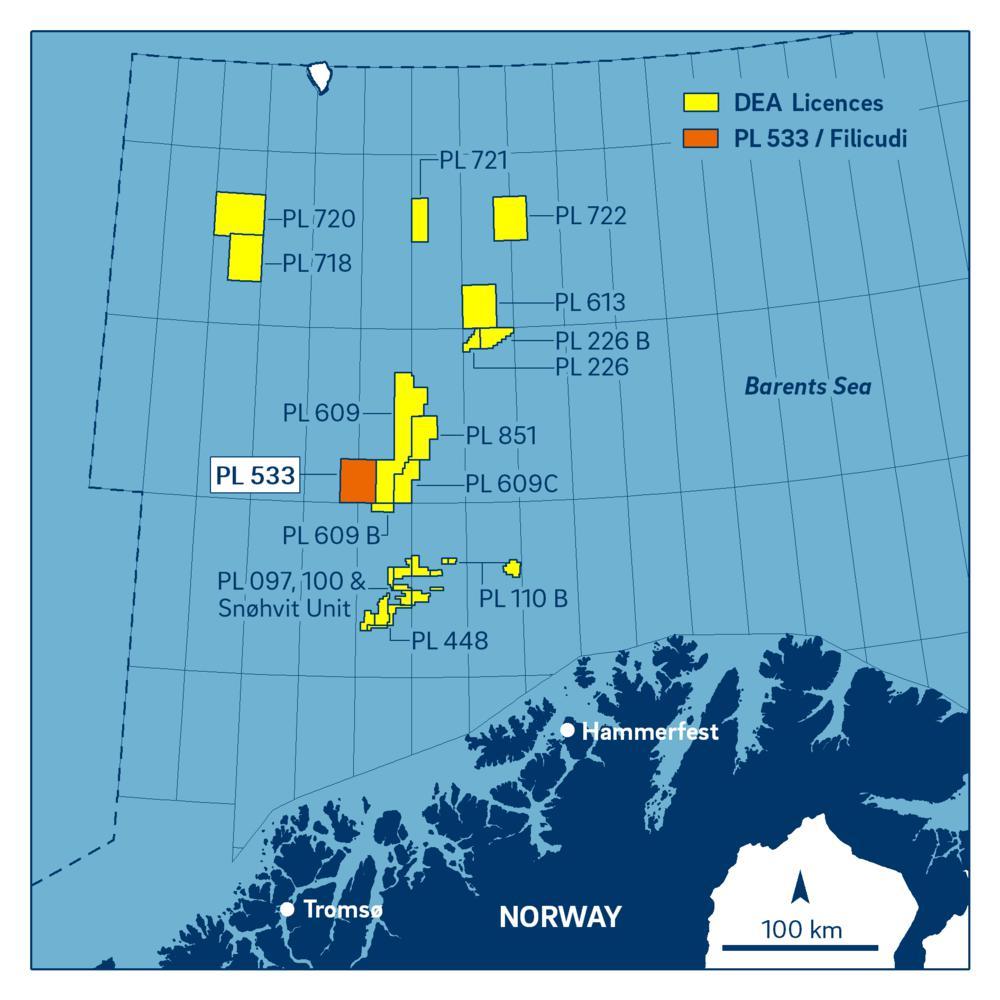
As it Gets Harder to Find Oil, Norway Accelerates Arctic Drilling
For years it has been apparent that the days of the oil industry finding so-called “easy oil” are over. And in its desperate attempt to continue our fossil fuel addiction, the industry is either attempting to exploit unconventional oil, like shale or the tar sands, or explore in new frontier areas like the Arctic.
For years it has been apparent that the days of the oil industry finding so-called “easy oil” are over. And in its desperate attempt to continue our fossil fuel addiction, the industry is either attempting to exploit unconventional oil, like shale or the tar sands, or explore in new frontier areas like the Arctic.
Recent figures reflect this trend. Earlier this month, the Financial Times reported that the discoveries of new conventional oil and gas fields have dropped to a whopping 60-year low.
Last year there were only 174 oil and gas discoveries worldwide, down from the average of 400-500 a year until 2013, according to industry figures.
In part you could argue that this reflects two things: in the short term the depressed oil price has certainly curtailed exploration and development, but it is also reflects the longer trend that the “easy oil” has already been found.
The FT remarks that: “The slowdown in exploration success shows that the world is likely to become increasingly reliant on ‘unconventional’ resources such as US shale oil and gas to meet demand for energy in future decades.”
But unconventionals come at a huge ecological and cultural price in their extraction as well as their transportation. Lets us not forget the huge resistance against tar sands pipelines, such as Keystone XL, or shale oil pipelines such as Dakota Access.
Or the other solution for the industry is to go into the Arctic.
In North America, due in part due to the increasing awareness of the ecological risks of Arctic drilling, as well as concerns about climate change, there has been a move away from Arctic drilling.
Indeed, in a deliberate move to try and cement his climate legacy, President Obama announced back in December that his administration would ban the sale of new offshore oil and gas leases in the Beaufort and Chukchi seas, north of Alaska, between 2017 and 2022.
At the time it was widely celebrated by the environmental movement.
But as OilPrice notes: “While Canada and the U.S. ban Arctic drilling for oil and gas motivated by environmental concerns, and majors such as Shell pull out of their Arctic projects due to financial pressures, Norwegian energy companies are planning to increase drilling in the country’s Arctic shelf in the Barents Sea.”
It is not the only one to have noticed this trend: Bloomberg adds: “Explorers look set to drill a record number of wells in Norway’s Arctic waters this year, undeterred by oil prices apparently stuck below $60 a barrel.”
Indeed, earlier this month, the Swedish independent oil and gas company, Lundin announced that it had struck a deposit of some 35 and 100 million barrels of oil equivalent in its Filicudi field in the southern Barents Sea. Lundin believes that the field may contain as much as 700 million barrels of oil equivalent.
But Filicudi is relatively small compared to some of the other fields in the Barents sea in which Lundin has a share. Statoil, for its part, “is gearing up for a major drilling campaign focusing on what could turn out to be the largest field in Norway’s Arctic shelf: the Korpfjell field.”
Korpfjell, which is known in the industry as an “elephant” because it is so large, may hold up to 10 billion barrels of oil.
Lundin’s Chief Executive Officer Alex Schneiter argues that “Korpfjell in itself could be a game changer, for Norway and for the southern Barents Sea”.
So the Barents Sea is set to become the latest battleground between Big Oil and those who care about the climate. Environmentalists are gearing up for a fight: “All exploration in the Barents Sea is a bet against reaching responsible climate targets,” argues Truls Gulowsen, head of Greenpeace’s Norwegian unit.
Greenpeace and another environmental group are now suing the Norwegian government over new licenses in the Barents Sea.
The case starts later this year in November in Oslo.

